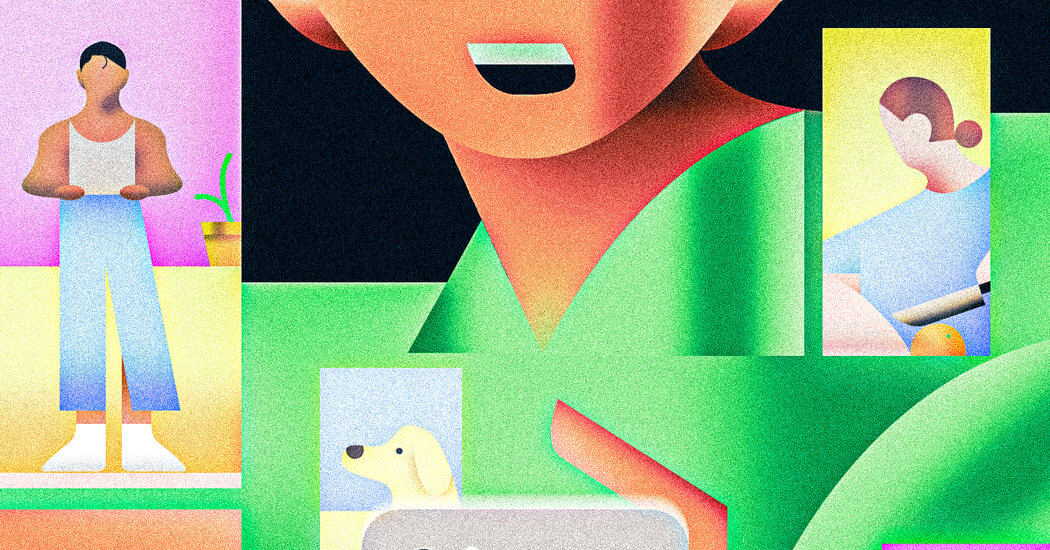With a national ban unlikely, let’s reflect on how the app both sparks joy among users and raises mental health concerns.
On Jan. 18, I was one of millions of Americans scrolling through TikTok when service for the all-you-can-binge video buffet suddenly halted just before a federal government ban went into effect.
It was a breathtaking moment that had me in mourning. Where will I go now, I wondered, for my daily dose of Hollywood gossip, video game news and anime updates?
TikTok, which is owned by a Chinese company, ByteDance, and had run up against a legal deadline to find a U.S. owner or face a ban, came back to life the next day. President Trump then quickly signed an executive order extending the window for TikTok’s sale to April 5.
With that new deadline fast approaching, the fate of TikTok, which claims more than 170 million American users, remains uncertain. But at least for now, a repeat of January’s blackout appears unlikely.
Last month, Mr. Trump told reporters that he could extend the deadline again. And while ByteDance hasn’t confirmed any plans to sell, Oracle, the data center company, and others have emerged as potential suitors.
The latest deadline offers an opportune moment to reflect on the app’s role in society. Here’s what I found.
